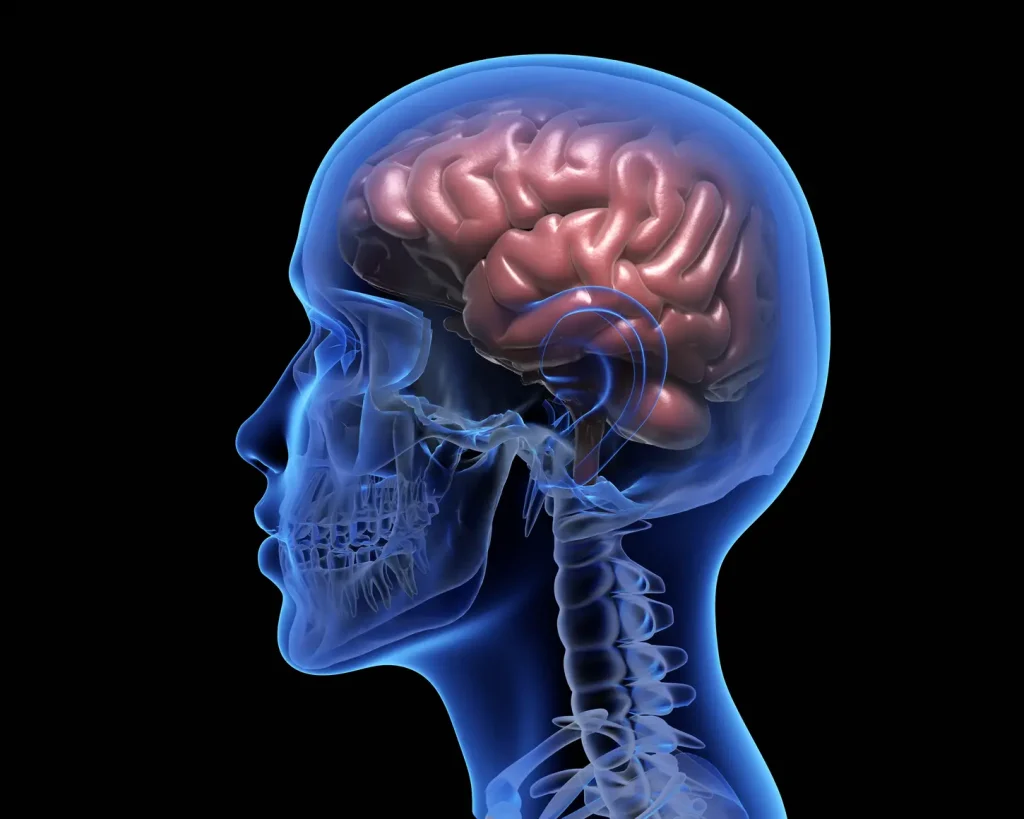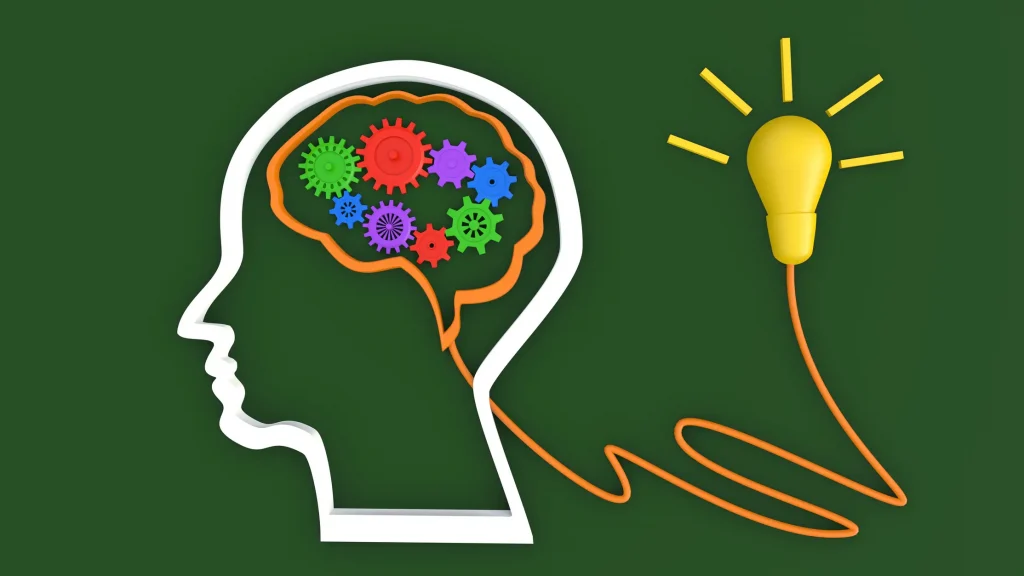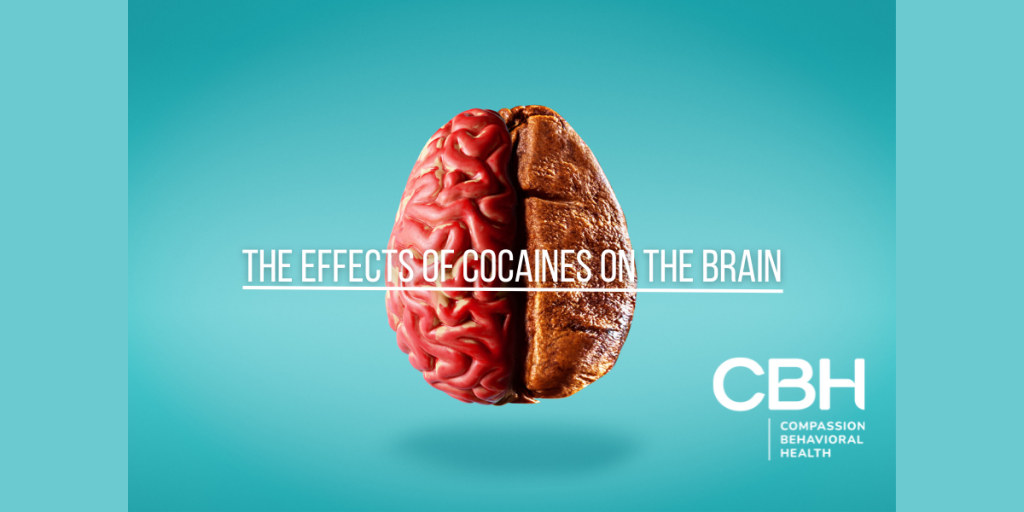Cocaine is a highly addictive drug that can have profound effects on the brain. In this article, we will delve into the various ways cocaine impacts the brain and explore its short-term and long-term effects. Understanding these effects is crucial to grasping the severity of cocaine addiction and the importance of seeking treatment.
Understanding Cocaine: A Brief Overview
Cocaine: A Powerful Stimulant
Cocaine is classified as a stimulant drug. When ingested, it stimulates the central nervous system, resulting in increased energy, alertness, and euphoria. The effects of cocaine are rapid and intense, making it a popular recreational drug. However, despite these pleasurable effects, cocaine poses severe risks to both physical and mental health.
[ctabox]Are You or Your Loved One Struggling with Cocaine Addiction?[/ctabox]
Physical Effects
Physically, cocaine can have detrimental effects on the cardiovascular system. It increases heart rate, blood pressure, and body temperature, putting strain on the heart and blood vessels. Prolonged use of cocaine can lead to heart attacks, strokes, and other cardiovascular complications.
 Additionally, cocaine can cause respiratory problems, such as difficulty breathing and lung damage.
Additionally, cocaine can cause respiratory problems, such as difficulty breathing and lung damage.
Mental Effects
Mentally, cocaine use can lead to addiction and various psychological disorders. The intense euphoria produced by cocaine creates a strong psychological dependence, making it difficult for users to quit. Chronic cocaine use can result in changes in brain chemistry, leading to mood disorders, anxiety, and paranoia. The risk of experiencing these mental health issues is particularly high when cocaine is used in large quantities or in combination with other substances.

Furthermore, the production and distribution of cocaine have significant social and economic consequences. The illegal drug trade associated with cocaine has fueled violence, corruption, and instability in many countries. It has also contributed to deforestation and environmental degradation in regions where coca plants are cultivated.
The powerful stimulant effects of cocaine can lead to severe physical and mental health problems, as well as social and environmental consequences. It is crucial to understand the complexities and risks associated with cocaine use in order to address the challenges posed by this substance.
The Neuroscience of Cocaine: How it Works
Cocaine also has a profound impact on the brain’s functioning. Understanding the neuroscience behind how cocaine works can shed light on its addictive nature and the potential risks associated with its use.
Cocaine and the Brain’s Reward System
One of the key ways cocaine influences the brain is by targeting the reward system. The reward system is a complex network of brain regions that are involved in motivation, pleasure, and reinforcement. When cocaine is consumed, it causes a surge in dopamine, a neurotransmitter associated with pleasure and reward.

This flood of dopamine creates a sense of intense pleasure, often described as a euphoric high. The brain perceives this pleasurable experience as a reward and reinforces the desire to use cocaine again. Over time, this reinforcement can lead to a cycle of addiction, as the brain becomes increasingly reliant on cocaine to experience pleasure.
The Role of Dopamine in Cocaine Use
Dopamine plays a crucial role in the brain’s response to cocaine. It is involved in the brain’s reward pathway, which is responsible for reinforcing behaviors that are pleasurable or rewarding. When cocaine is consumed, it disrupts the normal functioning of dopamine in this pathway.
Prolonged use of cocaine can lead to alterations in the dopamine system. The brain becomes less responsive to natural rewards, such as food or social interactions, and more reliant on cocaine to experience pleasure. This change in the brain’s reward system contributes to the development of addiction and can make it difficult for individuals to stop using cocaine.
Furthermore, the continuous release of dopamine caused by cocaine use can lead to a depletion of the neurotransmitter in the brain. This depletion can result in a range of negative effects, including depression, anxiety, and anhedonia, which is the inability to experience pleasure.
Additionally, cocaine not only affects dopamine but also interferes with other neurotransmitters in the brain, such as serotonin and norepinephrine. These neurotransmitters play important roles in mood regulation and arousal. By altering the balance of these neurotransmitters, cocaine can contribute to the intense feelings of euphoria, increased energy, and heightened alertness often associated with its use.
The neuroscience of cocaine reveals how this drug hijacks the brain’s reward system and alters the normal functioning of neurotransmitters. Understanding these mechanisms can help researchers develop more effective treatments for cocaine addiction and raise awareness about the potential risks associated with cocaine use.
Short-Term Effects of Cocaine on the Brain
Immediate Neurological Changes

Upon consumption, cocaine rapidly enters the bloodstream and crosses the blood-brain barrier. As a result, users experience a range of immediate effects, including heightened alertness, increased heart rate, and elevated blood pressure. These physiological changes can put immense strain on the cardiovascular system and increase the risk of heart attack or stroke.
Cognitive and Emotional Impacts
Beyond the physical effects, cocaine also impacts cognitive and emotional functioning. Users may experience heightened anxiety, irritability, and paranoia. Additionally, cocaine use can impair judgment, making individuals more prone to engage in risky behaviors.
Long-Term Effects of Cocaine on the Brain
Neurological Damage and Disease
Extended cocaine use can lead to long-term neurological damage. Studies have shown that chronic cocaine use can result in structural changes in the brain, including a decrease in gray matter volume. Furthermore, long-term cocaine use has been linked to an increased risk of neurodegenerative disorders, such as Parkinson’s disease.

Mental Health Consequences
Individuals who abuse cocaine are also at risk of developing mental health disorders. Cocaine use can increase the likelihood of experiencing anxiety disorders, depression, and psychosis. These conditions can further exacerbate the cycle of addiction, making it challenging for individuals to break free from cocaine’s grip.
The Process of Addiction: Cocaine Dependence
The Cycle of Cocaine Addiction
As cocaine use continues, a vicious cycle of addiction can develop. The initial pleasurable effects of the drug lead to repeated use, causing the brain to adapt and rely on cocaine to maintain normal function. This cycle reinforces addictive behaviors and makes it increasingly difficult to quit.
Withdrawal and Cravings: The Brain’s Response to Absence of Cocaine
When individuals attempt to stop using cocaine, they often experience intense withdrawal symptoms and cravings. These symptoms result from the brain’s attempt to readjust to functioning without the presence of cocaine. Common withdrawal symptoms include fatigue, depression, intense cravings, and anhedonia.
In conclusion, the impact of cocaine on the brain is far-reaching and detrimental. By understanding the neurological effects of cocaine, we can better comprehend the destructive nature of addiction and the urgent need for effective treatment strategies. It is crucial to raise awareness about the consequences of cocaine use and to provide support for individuals struggling with addiction to help them regain control of their lives.
Get Help You Need Today At Compassion Behavioral Health

In our pursuit of healing at Compassion Behavioral Health, we recognize that overcoming cocaine addiction is a multifaceted challenge. Our approach integrates evidence-based therapies and personalized care plans to address the unique needs of each individual. Cognitive-behavioral therapy, group counseling, and holistic modalities like mindfulness are cornerstones of our treatment program, aimed at repairing neurological damage, restoring mental health, and fostering resilience. We believe in empowering our clients with the tools and support necessary to navigate the complex journey of recovery, ensuring they reclaim their lives and realize their full potential beyond addiction.



